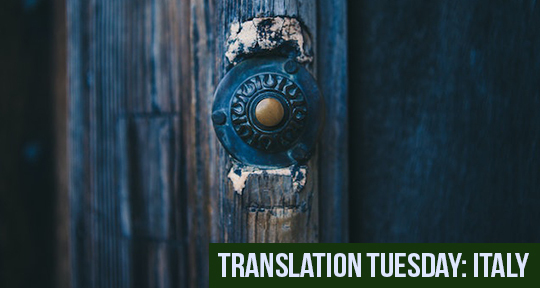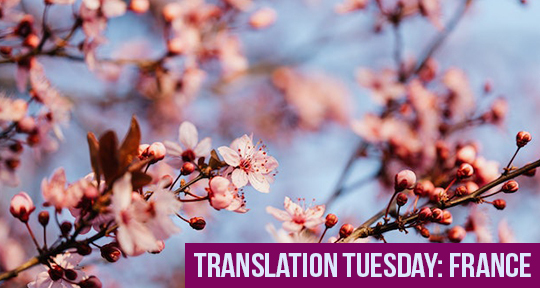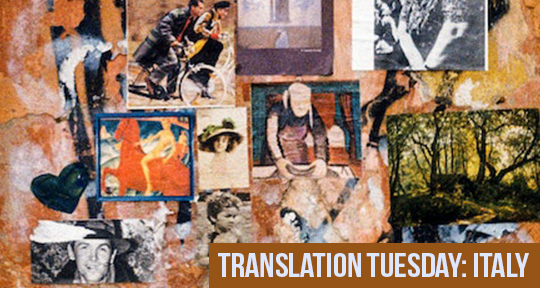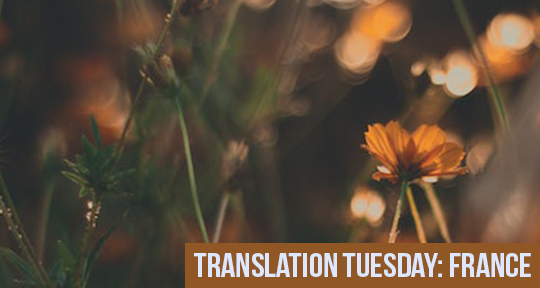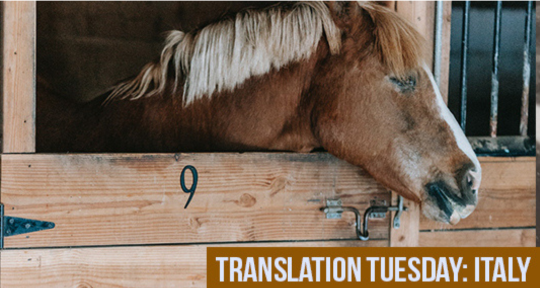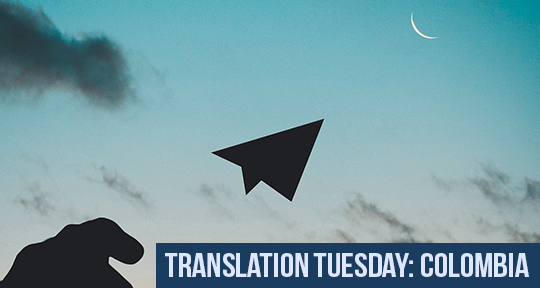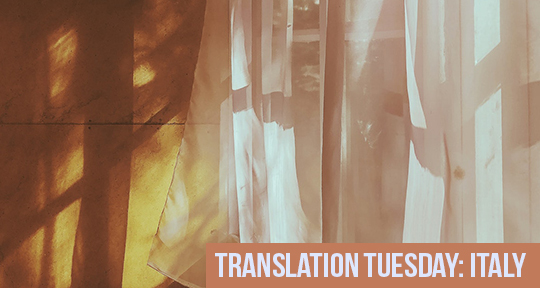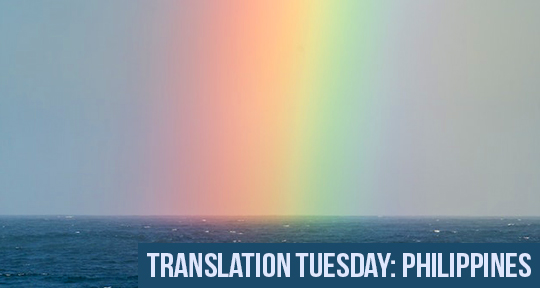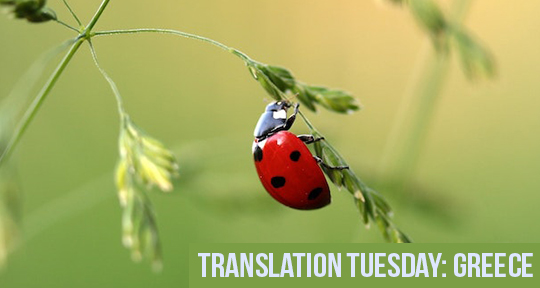Rounding off our Translation Tuesday feature’s little Italian sojourn, we present the lilting prose of Marzia Grillo. “Mother” and “shelter” are her twinned themes—each contains the other perfectly, like synonyms, tautology, or an infinite matryoshka, and she demonstrates her point neatly with a text full of recursions, in which a mother’s housing houses housing mothers. Cosy!
My mother called to tell me my mother is dead?
—A.M. Homes
Houses were this: mothers. And matryoshkas were: continents, countries, cities, and wooden apartments—mothers’ furnished rooms.
All around she could see women carrying the future forward. Newborns hiding newborns yet to come, life germinating deep in springtime.
*
Seated at a coffee shop belonging to another generation, she leafed absent-mindedly through PortaPortese. The rentals section was filled with ads for mothers—one-bedroom apartments, studios, central heating, fireplaces. She’d have liked some above-fireplace shelving, for knick knacks and keepsakes. As she warmed herself she could watch a parade of her old mothers inside the Panasonic frame they’d given her years ago. Mothers small, big, bright, ancient. Mothers different to one another; some welcoming, others bare. She’d not need a television.
On her finger she wore a wedding ring that wasn’t hers: inheritance or hereditary? Her parents had been as mistaken about her as they had about themselves, cradling after their own bad choices as if she could right a wrong. And since apples don’t fall far from the trees that nourished them, she’d decided to live in a rose garden. She’d covered herself with thorns, starving but intoxicated by her self-sufficiency.
*
Since receiving the eviction notice, she’d started losing weight. At first strikingly, and then gradually, one pound at a time. Her first step was to stop drinking alcohol, as if she were pregnant. She’d say to waiters: “I can’t drink. It’s not official yet, but…” They’d congratulate her, serve more attentively, with fervour, voraciously beaming, dazzled by life. Since hearing she’d no longer have a home, she’d become hope in the eyes of the world. She carried this in her womb as she dwindled.
Do you remember sardines? she’d say to the mirror. She remembered this was what you called the residents of crowded houses but it was a misnomer. Cans aren’t mothers. They are just cans, no matter how crowded. READ MORE…

